My favourite painting: Theresa Tollemache
'For me, it’s a very spiritual picture, rather melancholic.'
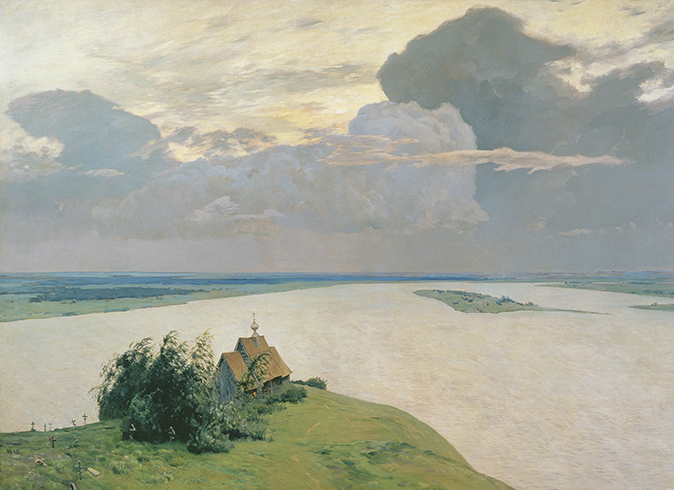

Eternal Peace, 1894, by Isaac Levitan (1860– 1900), 5ft by 6¾ft, Tretyakov Gallery, Moscow, Russia.
Theresa Tollemache says: All Levitan’s majestic paintings are so evocative of the landscape I love and am so familiar with from my travels to and from linen factories in the heart of Russia. This one seems to evoke everything for me about the country in which my grandmother was born. It’s a huge canvas and, when standing in front of it, one feels the boundless expanse, the endless horizon. For me, it’s a very spiritual picture, rather melancholic, but also ethereal as it gives one the sense of hovering weightlessly above the little church like a bird in flight. From the window of the church comes the glow of a flickering candle, a reminder of how transitory human life is.
Theresa Tollemache runs Volga Linen, which she founded in 1995.
John McEwen comments on Eternal Peace: The much missed Brian Sewell wrote: ‘What marks out Levitan’s work... is the sheer melancholy... landscape seems to have been simply a vehicle for the most absolutely tragic and convincing personal expression imaginable... this sort of universalism—this ability, as with the best of Russian literature and music, to speak out clearly across national and temporal boundaries—signals a kind of greatness.’
Isaac Levitan was born in Lithuania (then part of imperial Russia) into a poor but educated Jewish family; his father taught German and French and worked as a translator for a French building company. In 1870, the family moved to Moscow where, aged 13, Levitan entered the Moscow School of Painting, Sculpture and Architecture.
The deaths of his mother (1875) and father (1877) left him destitute, but Levitan won a scholarship to complete his studies. It also earned him a rapid recall when Jews were temporarily banished from major cities after an assassination attempt on the Tsar.
In 1879, he met the similarly struggling Anton Chekhov, also born in 1860. The friendship deepened through the next decade when he stayed several summers with the Chekhovs in the country. On occasion, Chekhov had to ‘rescue’ the depressive Levitan ‘from his own self’, languid days hunting being one remedy. Travel opened Levitan’s eyes to the immensity of the Russian landscape: ‘Is there anything more tragic than... seeing God in everything and being unable to express these sublime emotions, aware of your powerlessness.’ he considered Eternal Peace his masterpiece: ‘In this picture all of my self, all of my psyche, all that I consist of is laid bare.’
Sign up for the Country Life Newsletter
Exquisite houses, the beauty of Nature, and how to get the most from your life, straight to your inbox.
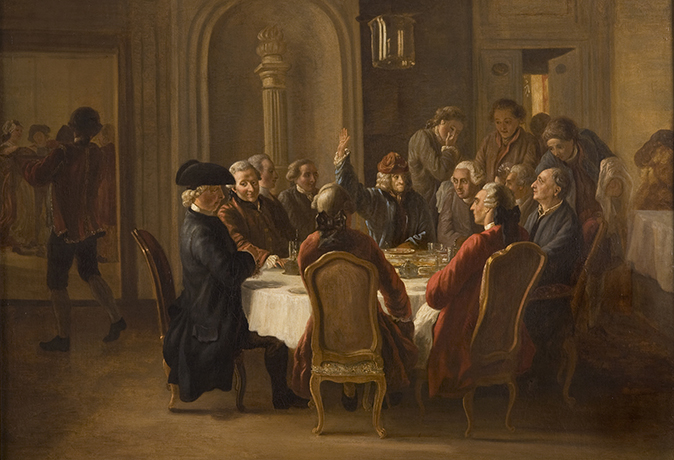
My favourite painting: Nicholas Cronk
'I like the fact that the painter, Huber, has cheekily seated himself on the great man’s left.'
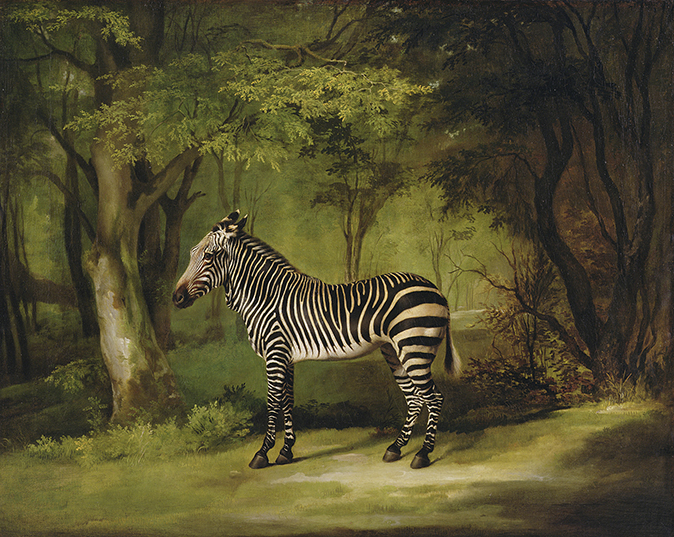
My favourite painting: Amy Meyers
'Stubbs’s portrayal is one of the subtlest and most poignant commentaries on the troubling displacements that were accruing from the
Country Life is unlike any other magazine: the only glossy weekly on the newsstand and the only magazine that has been guest-edited by HRH The King not once, but twice. It is a celebration of modern rural life and all its diverse joys and pleasures — that was first published in Queen Victoria's Diamond Jubilee year. Our eclectic mixture of witty and informative content — from the most up-to-date property news and commentary and a coveted glimpse inside some of the UK's best houses and gardens, to gardening, the arts and interior design, written by experts in their field — still cannot be found in print or online, anywhere else.
-
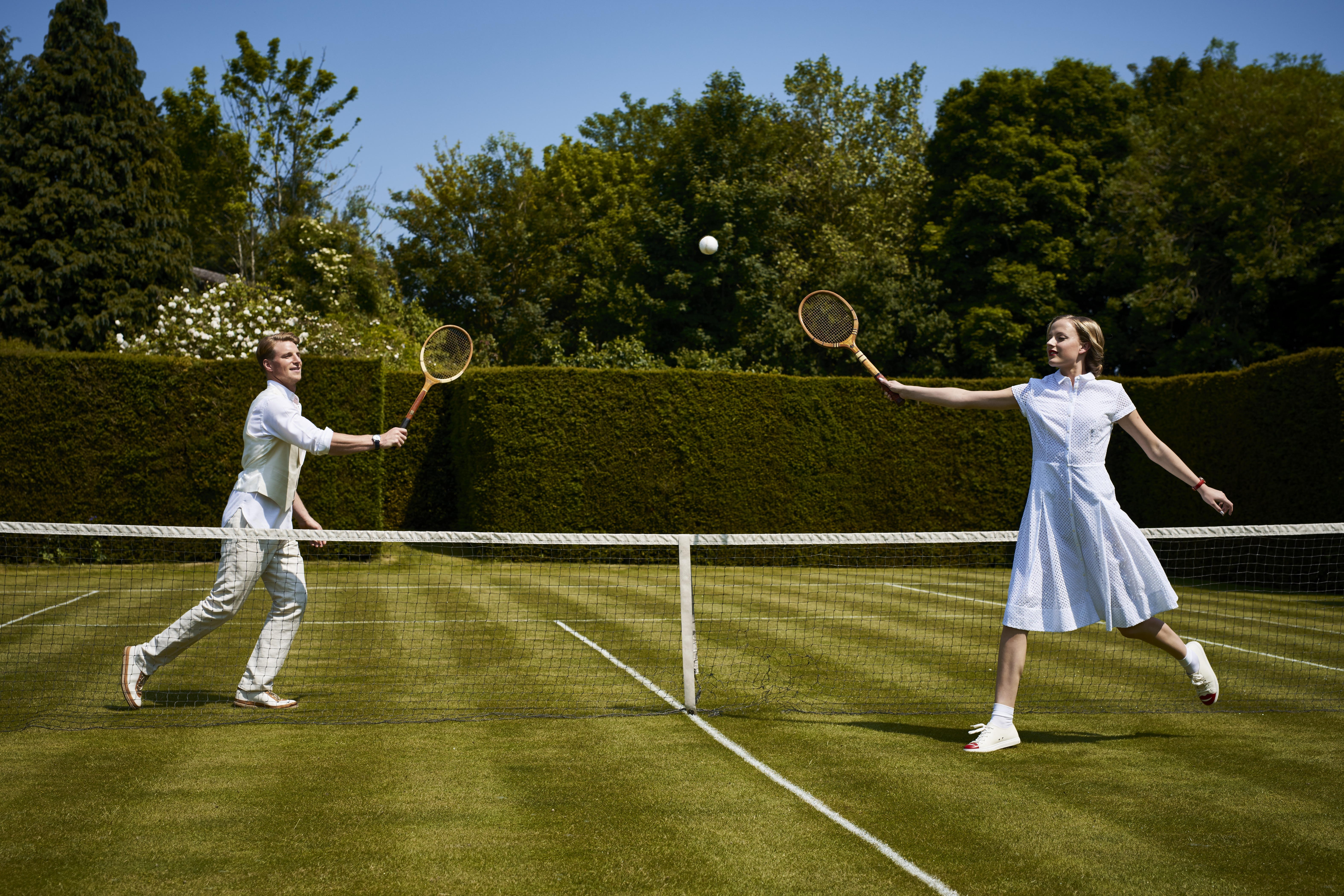 New balls please: Eddie Redmayne, Anna Wintour and Laura Bailey on the sensory pleasures of playing tennis
New balls please: Eddie Redmayne, Anna Wintour and Laura Bailey on the sensory pleasures of playing tennisLittle beats the popping sound and rubbery smell of a new tube of tennis balls — even if you're a leading Hollywood actor.
By Deborah Nicholls-Lee
-
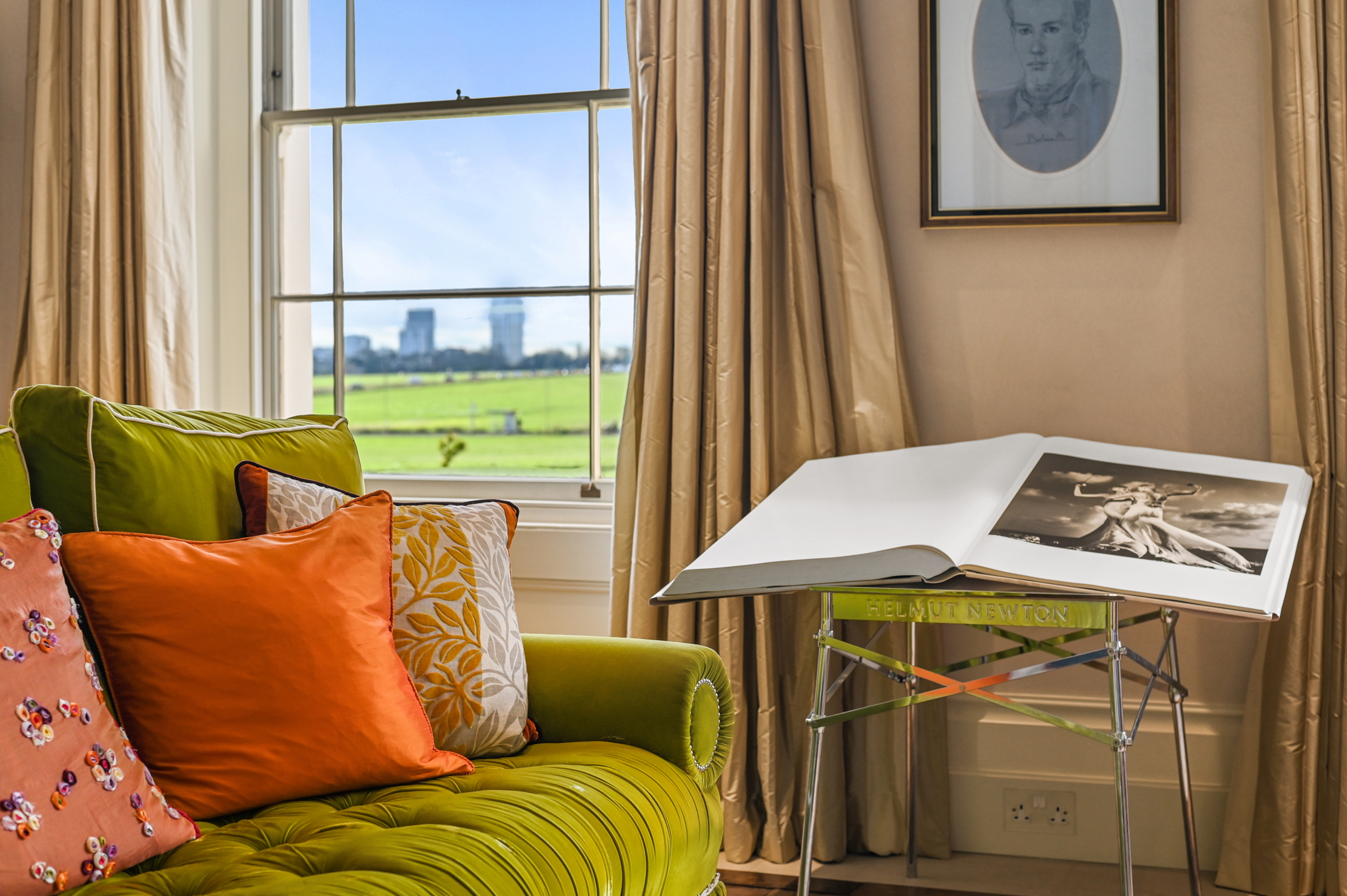 A rare opportunity to own a family home on Vanbrugh Terrace, one of London's finest streets
A rare opportunity to own a family home on Vanbrugh Terrace, one of London's finest streetsThis six-bedroom Victorian home sits right on the start line of the London Marathon, with easy access to Blackheath and Greenwich Park.
By James Fisher
-
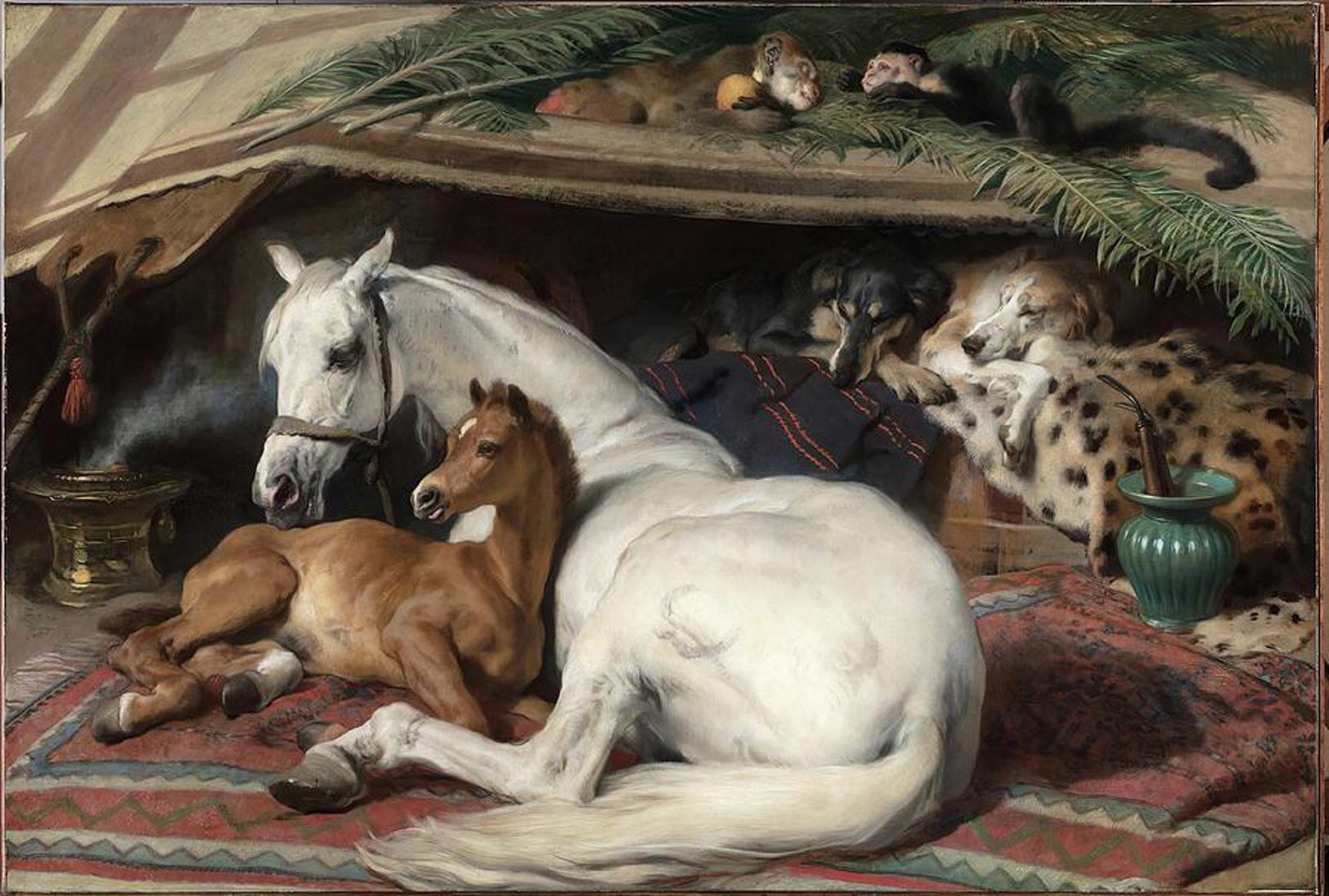 'As a child I wanted to snuggle up with the dogs and be part of it': Alexia Robinson chooses her favourite painting
'As a child I wanted to snuggle up with the dogs and be part of it': Alexia Robinson chooses her favourite paintingAlexia Robinson, founder of Love British Food, chooses an Edwin Landseer classic.
By Charlotte Mullins
-
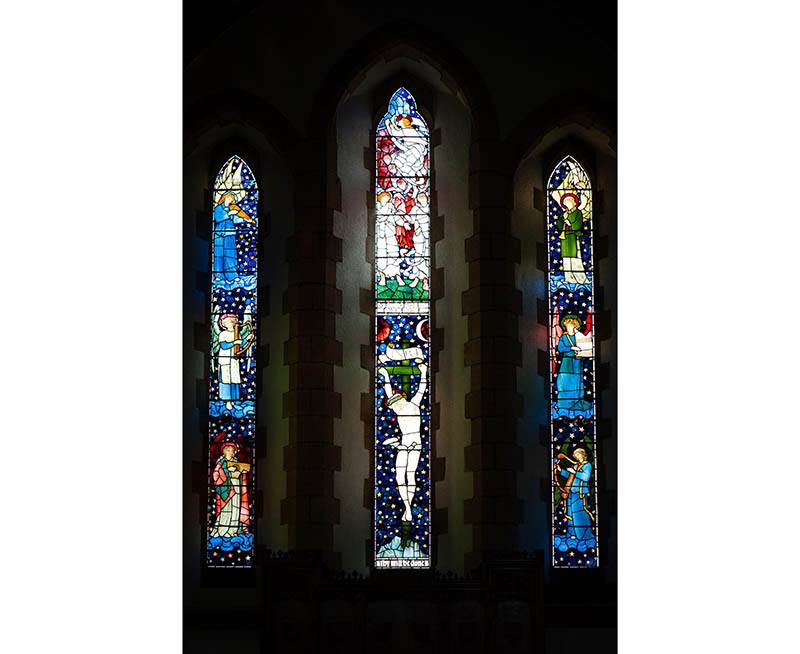 The Pre-Raphaelite painter who swapped 'willowy, nubile women' for stained glass — and created some of the best examples in Britain
The Pre-Raphaelite painter who swapped 'willowy, nubile women' for stained glass — and created some of the best examples in BritainThe painter Edward Burne-Jones turned from paint to glass for much of his career. James Hughes, director of the Victorian Society, chooses a glass masterpiece by Burne-Jones as his favourite 'painting'.
By Charlotte Mullins
-
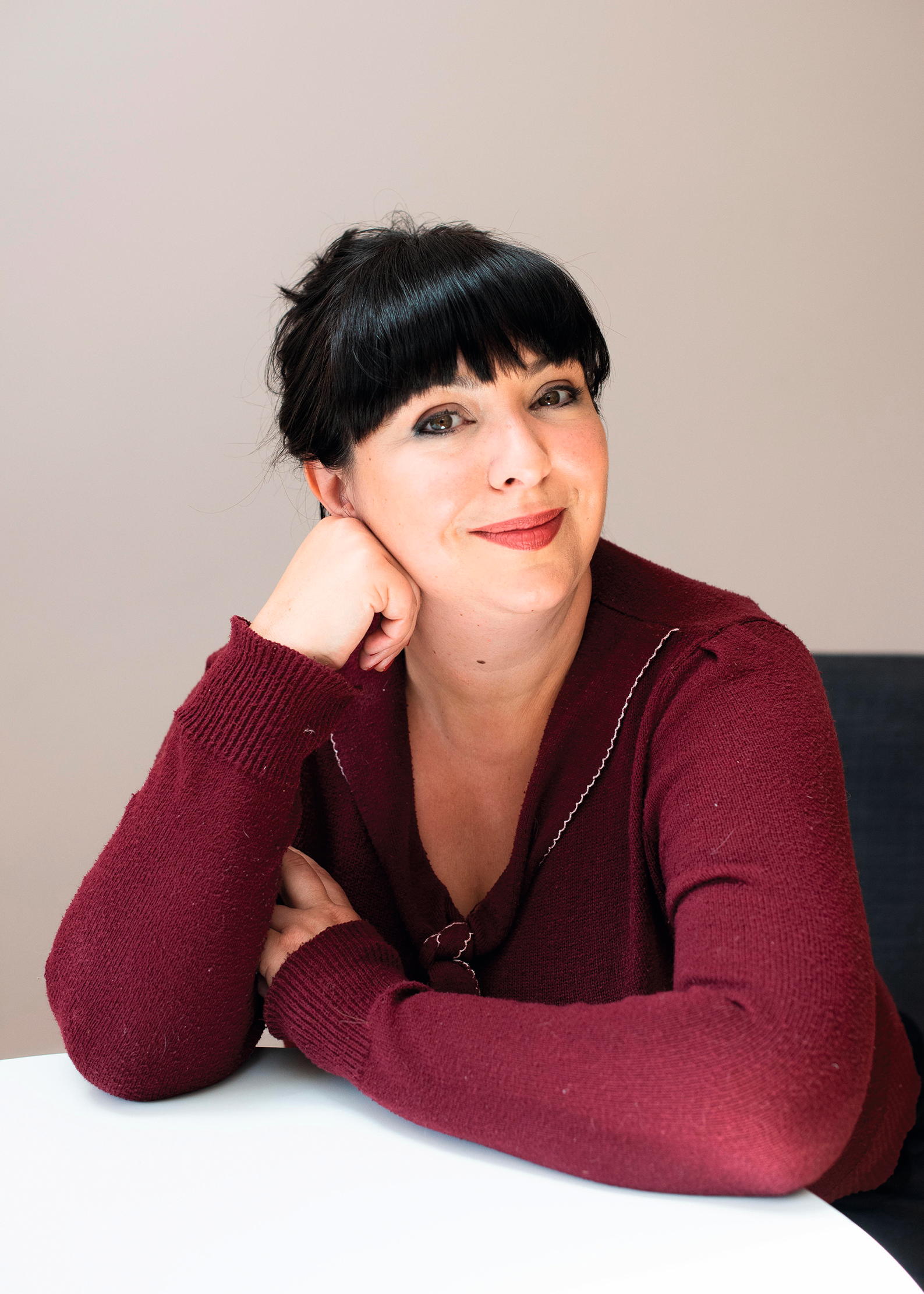 'I can’t look away. I’m captivated': The painter who takes years over each portrait, with the only guarantee being that it won't look like the subject
'I can’t look away. I’m captivated': The painter who takes years over each portrait, with the only guarantee being that it won't look like the subjectFor Country Life's My Favourite Painting slot, the writer Emily Howes chooses a work by a daring and challenging artist: Frank Auerbach.
By Toby Keel
-
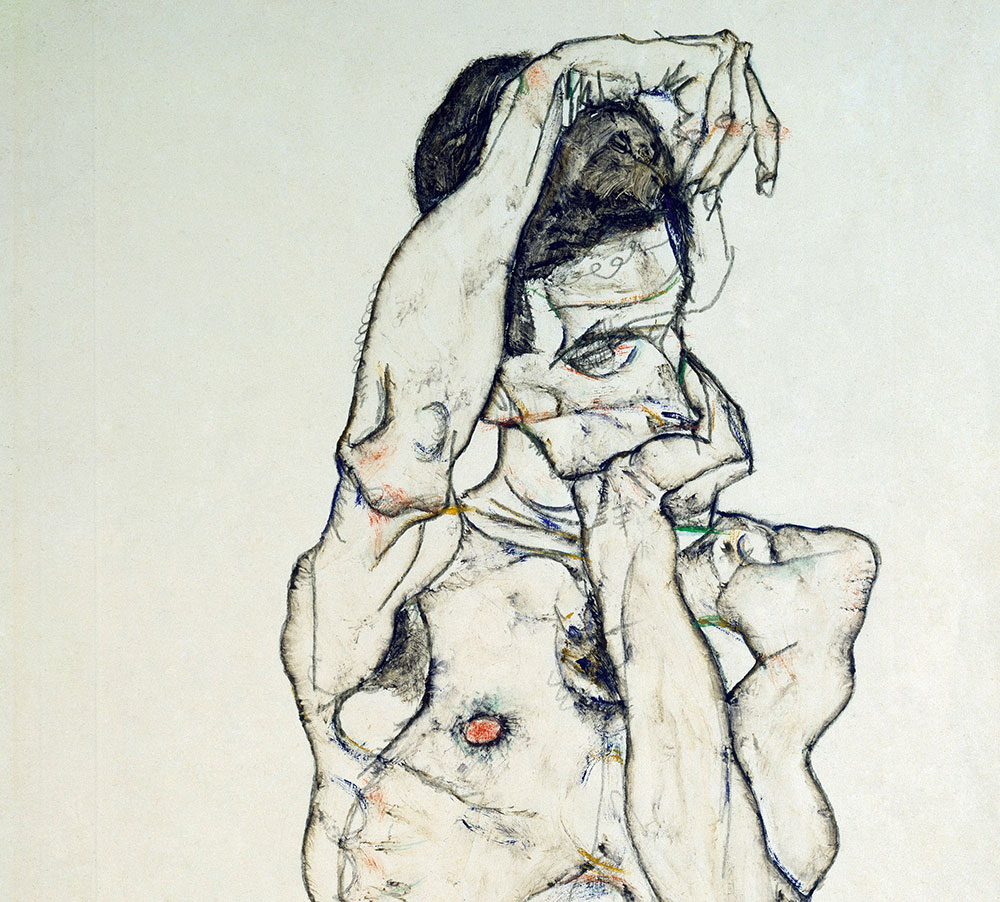 My Favourite Painting: Rob Houchen
My Favourite Painting: Rob HouchenThe actor Rob Houchen chooses a bold and challenging Egon Schiele work.
By Charlotte Mullins
-
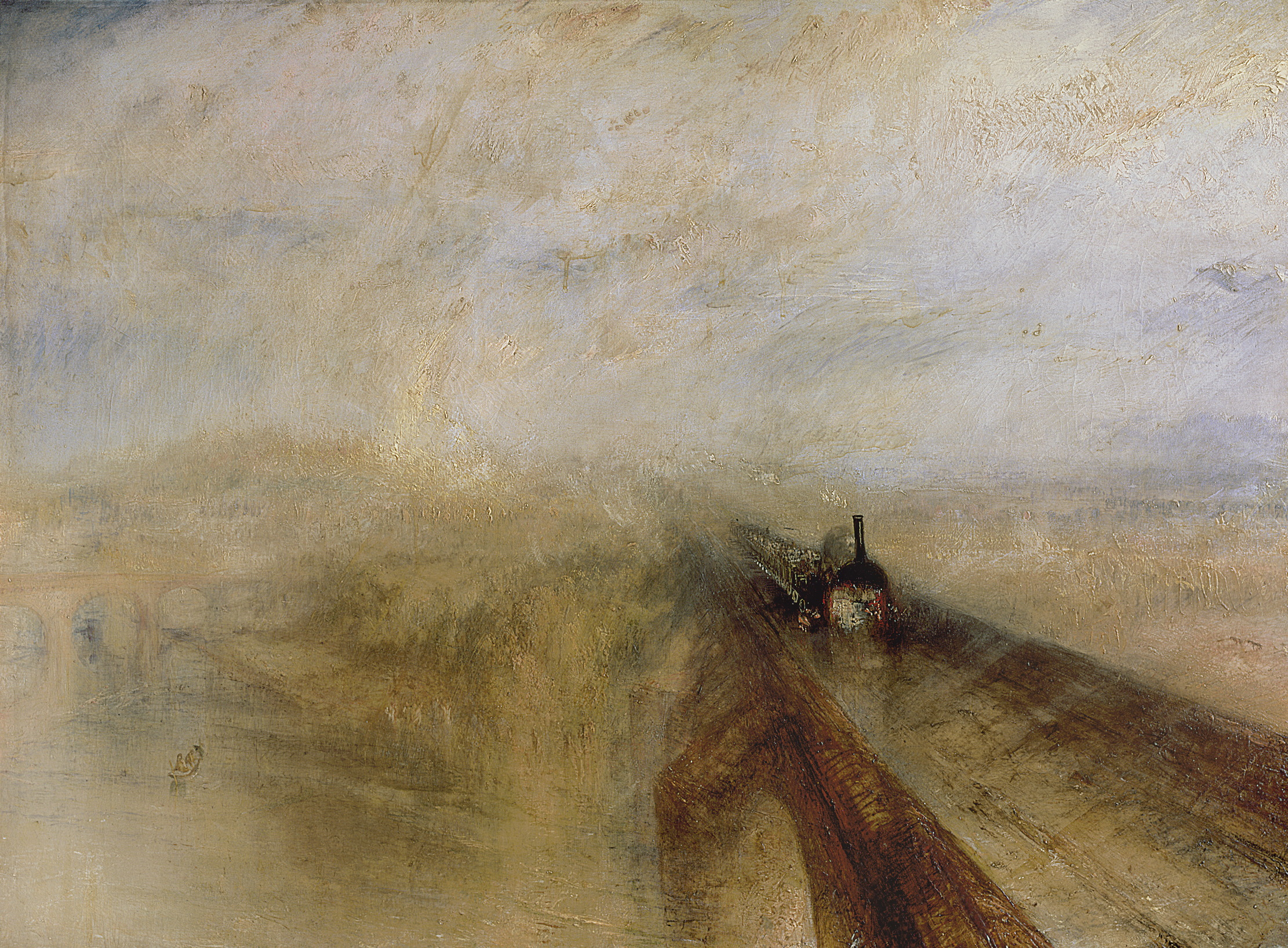 My Favourite Painting: Jeremy Clarkson
My Favourite Painting: Jeremy Clarkson'That's why this is my favourite painting. Because it invites you to imagine'
By Charlotte Mullins
-
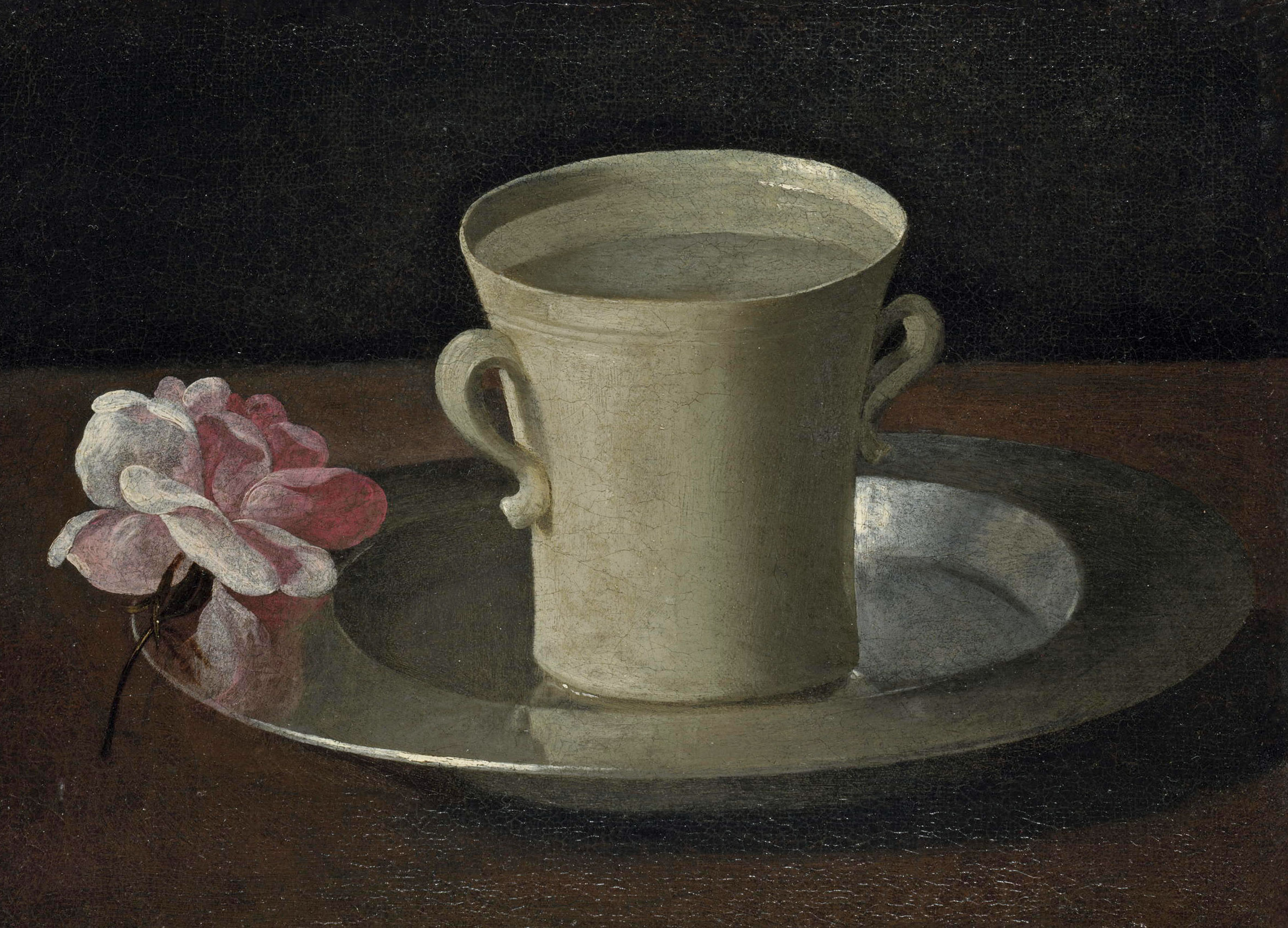 The chair of the National Gallery names his favourite from among the 2,300 masterpieces — and it will come as a bit of a shock
The chair of the National Gallery names his favourite from among the 2,300 masterpieces — and it will come as a bit of a shockAs the National Gallery turns 200, the chair of its board of trustees, John Booth, chooses his favourite painting.
By Toby Keel
-
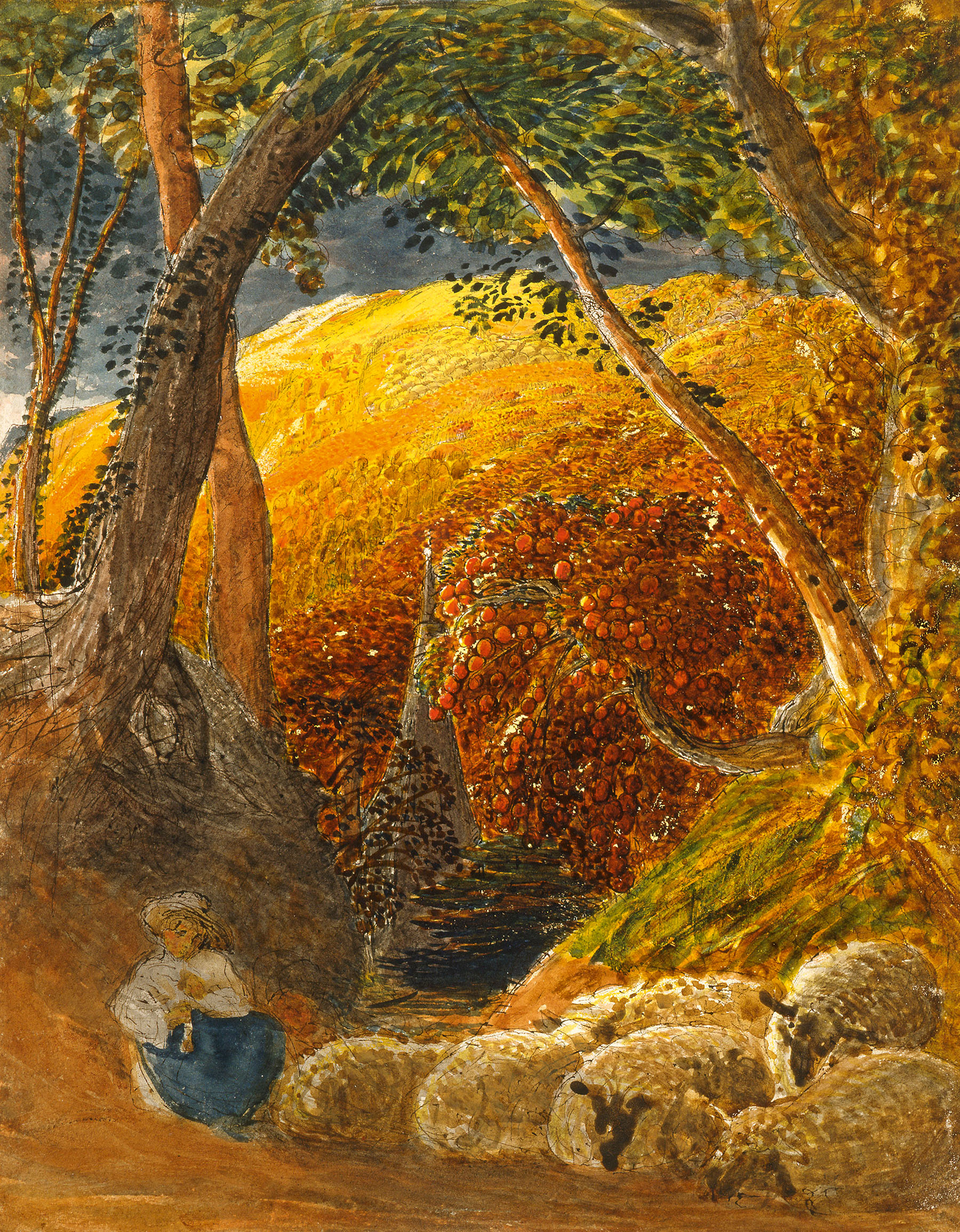 'A wonderful reminder of what the countryside could and should be': The 200-year-old watercolour of a world fast disappearing
'A wonderful reminder of what the countryside could and should be': The 200-year-old watercolour of a world fast disappearingChristopher Price of the Rare Breed Survival Trust on the bucolic beauty of The Magic Apple Tree by Samuel Palmer, which he nominates as his favourite painting.
By Charlotte Mullins
-
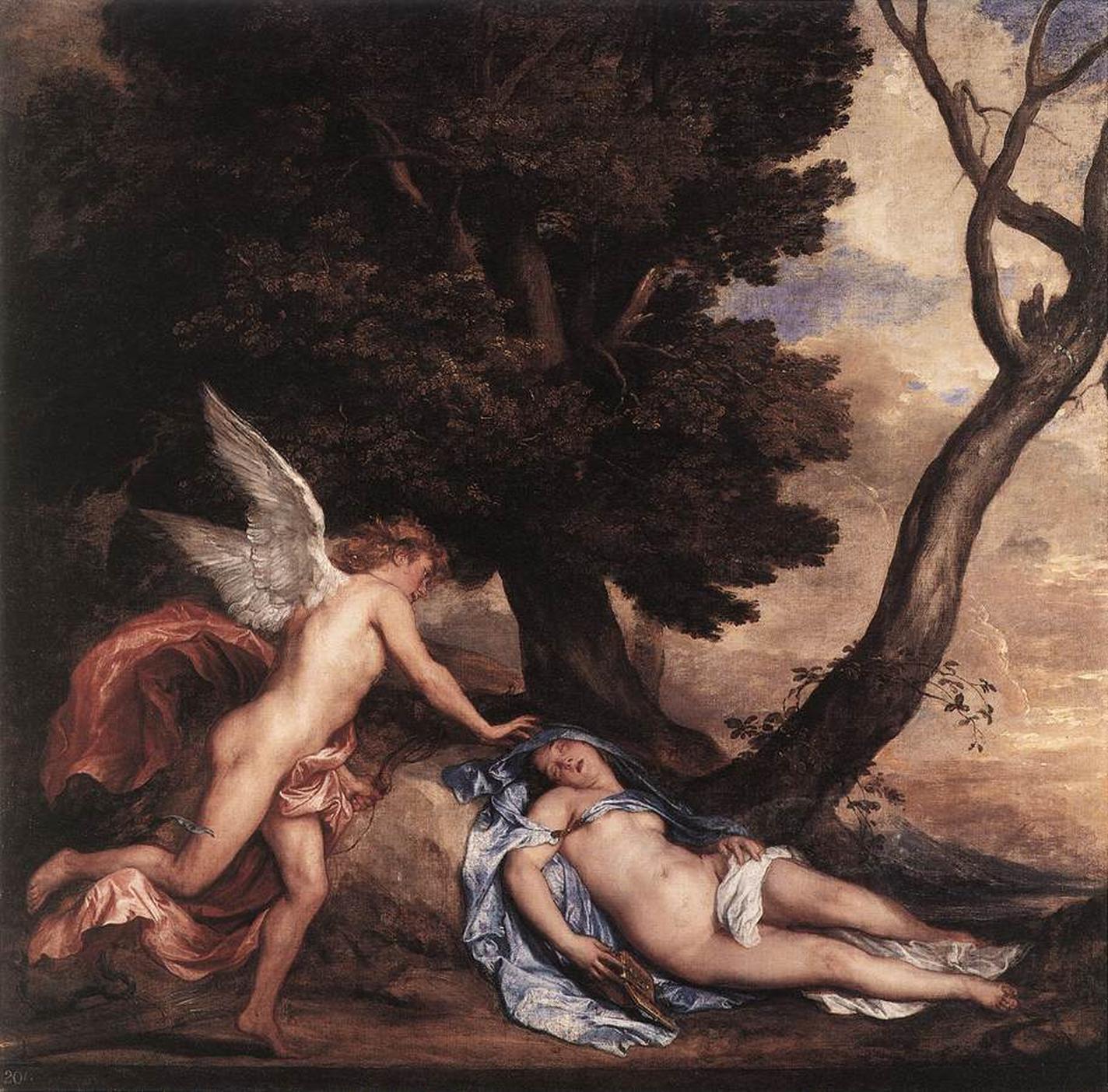 My favourite painting: Andrew Graham-Dixon
My favourite painting: Andrew Graham-Dixon'Lesson Number One: it’s the pictures that baffle and tantalise you that stay in the mind forever .'
By Country Life